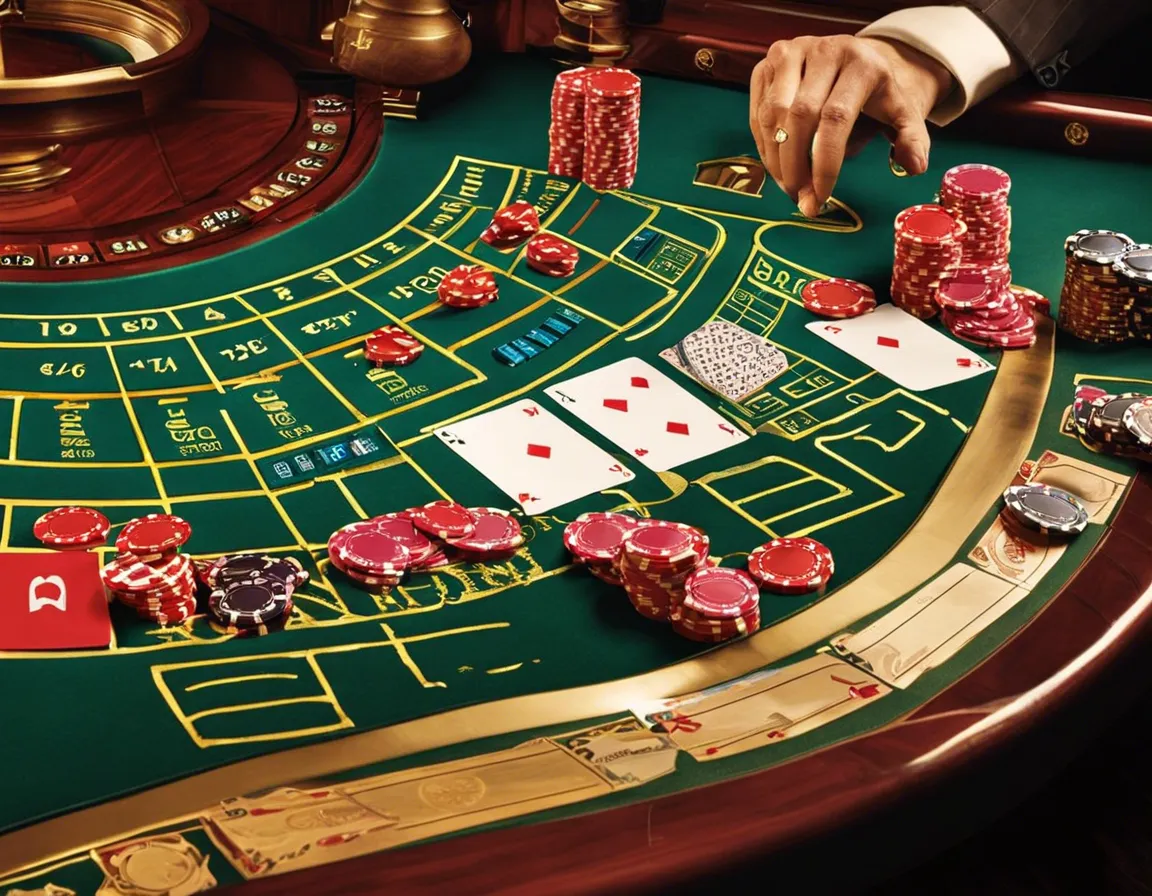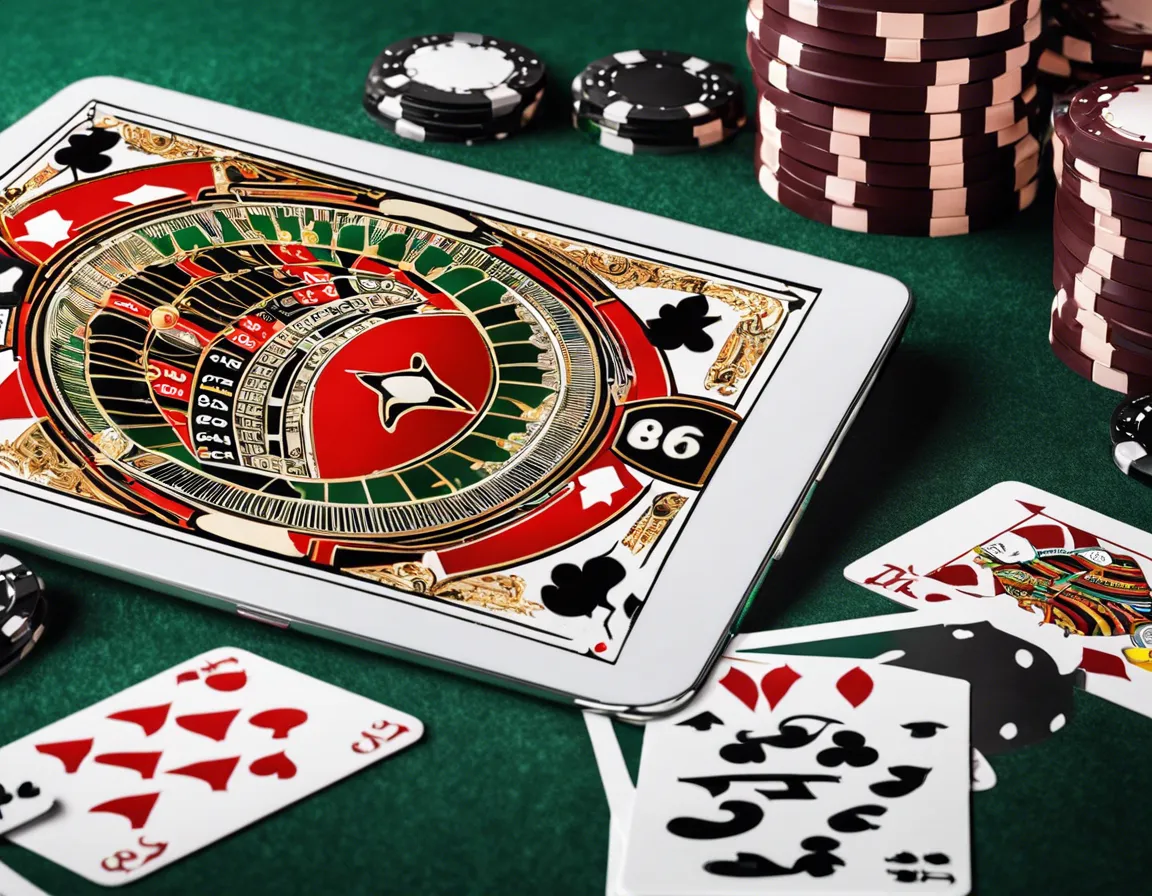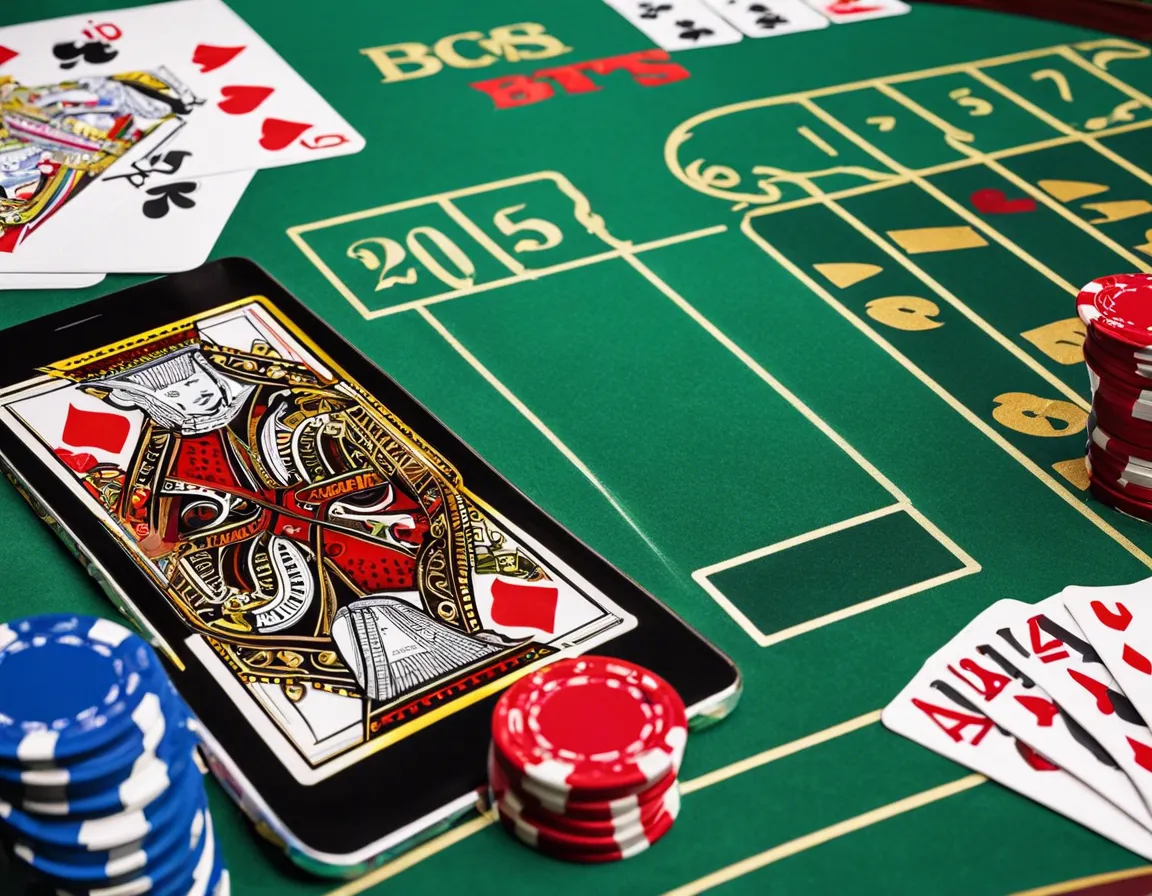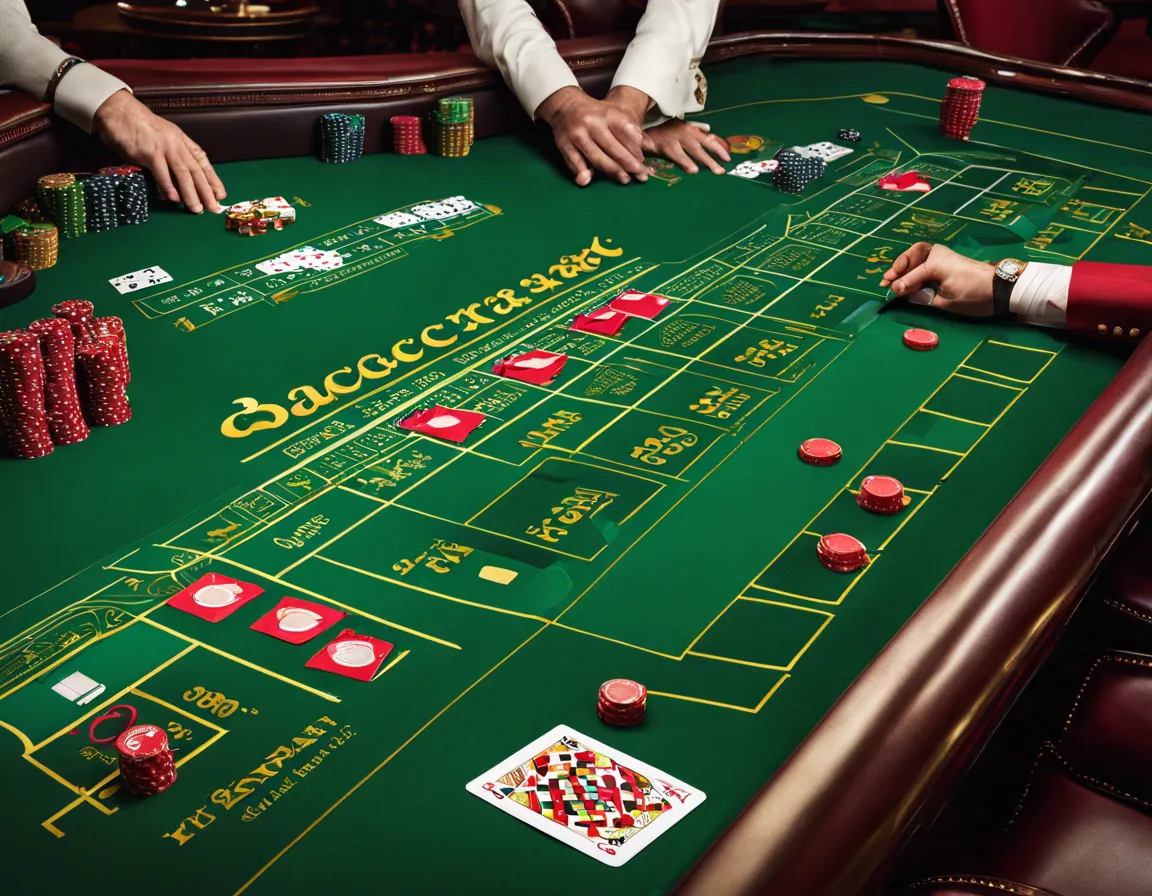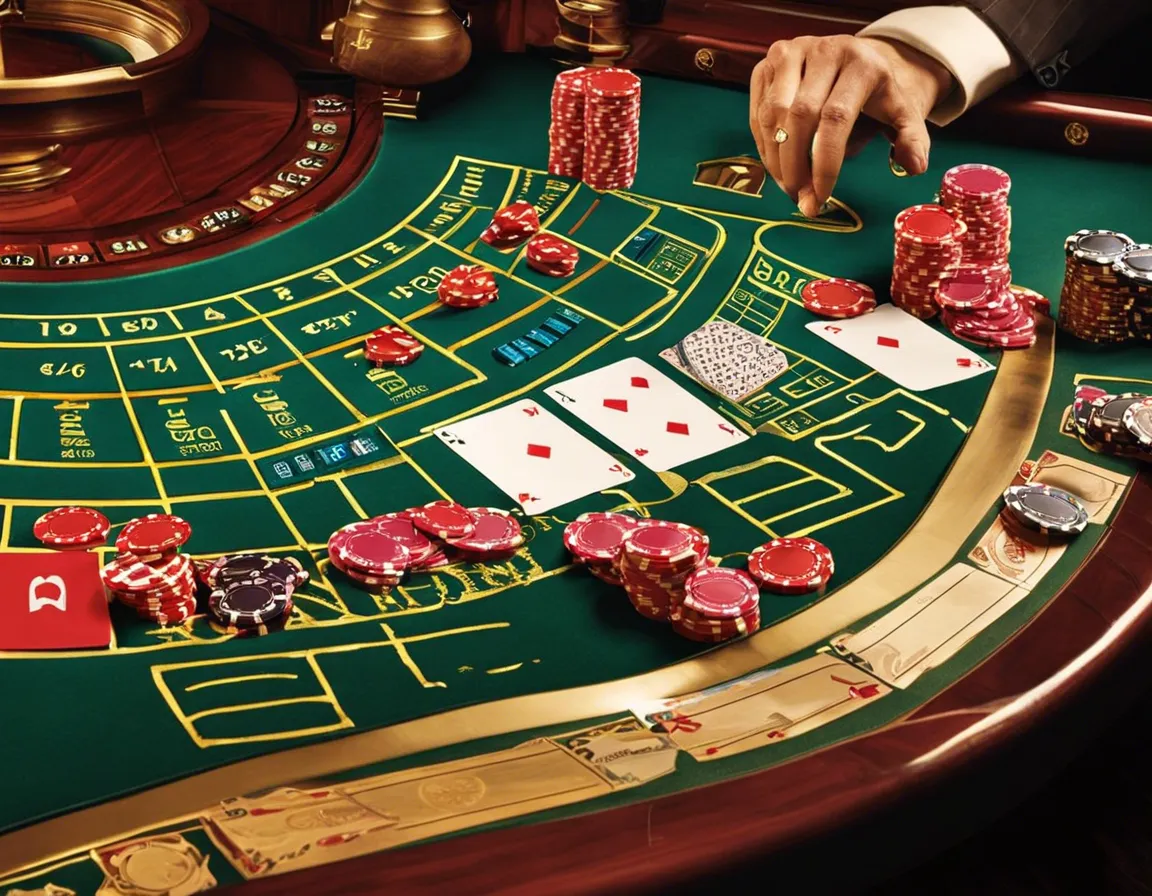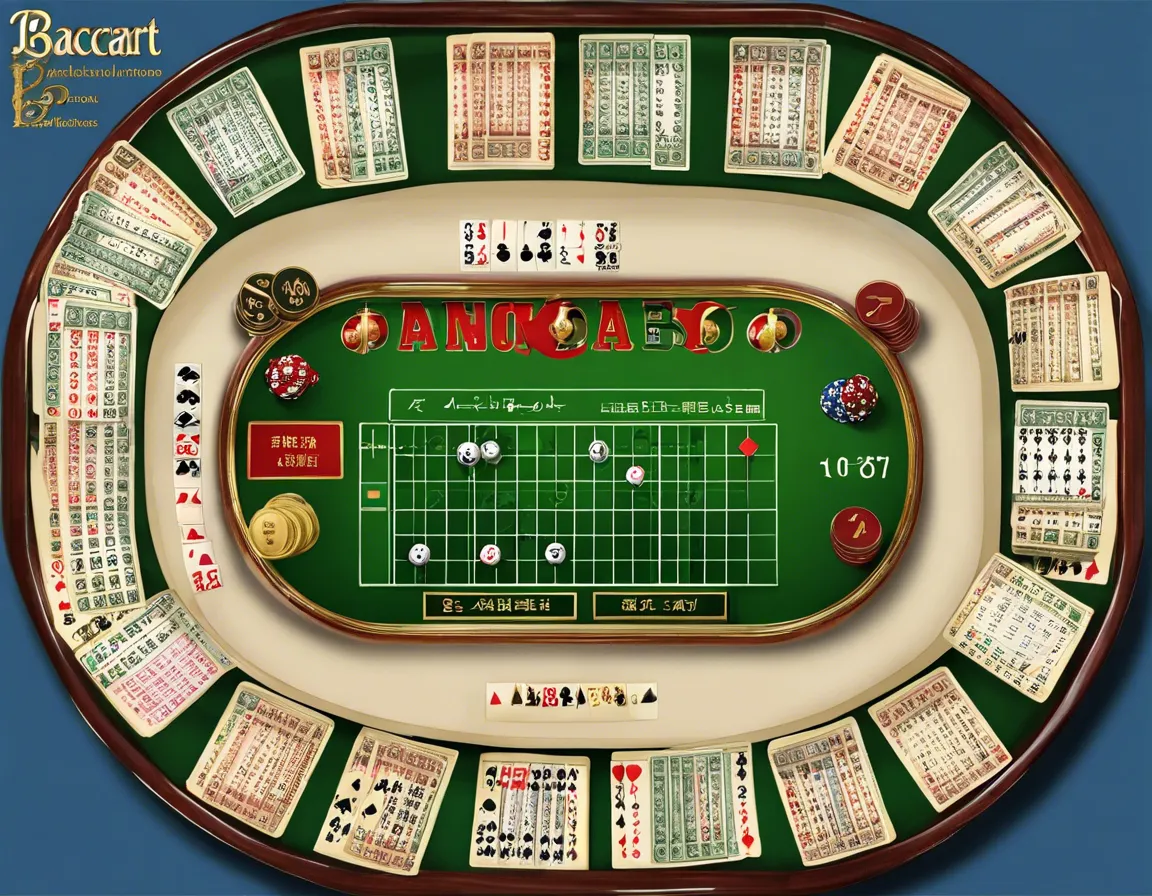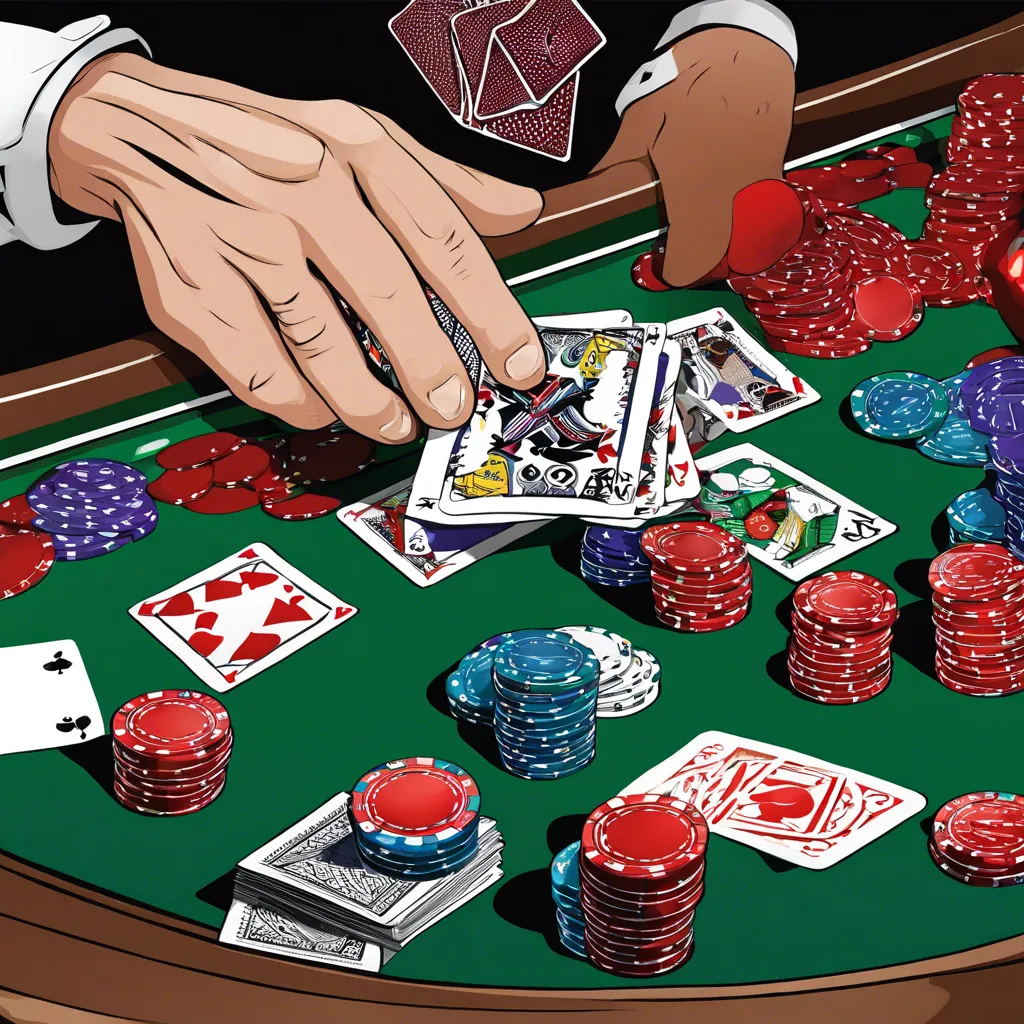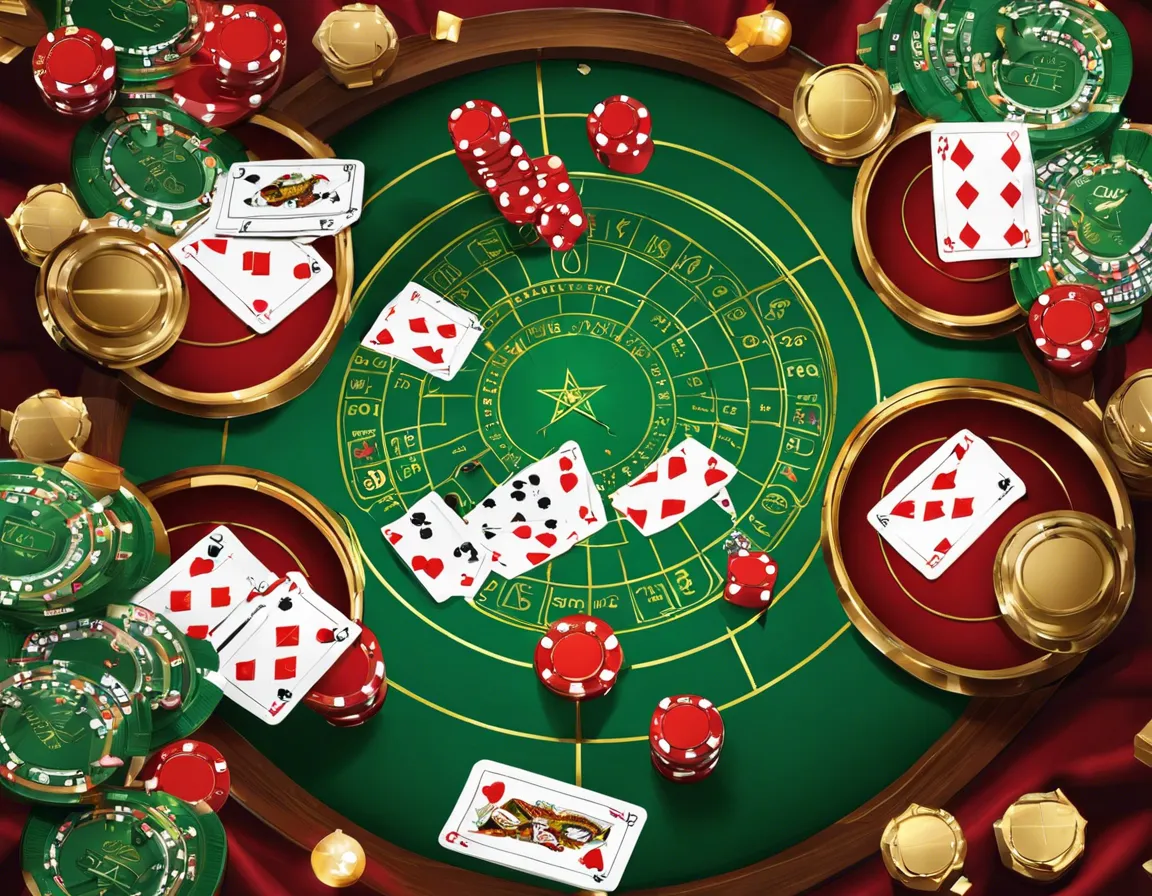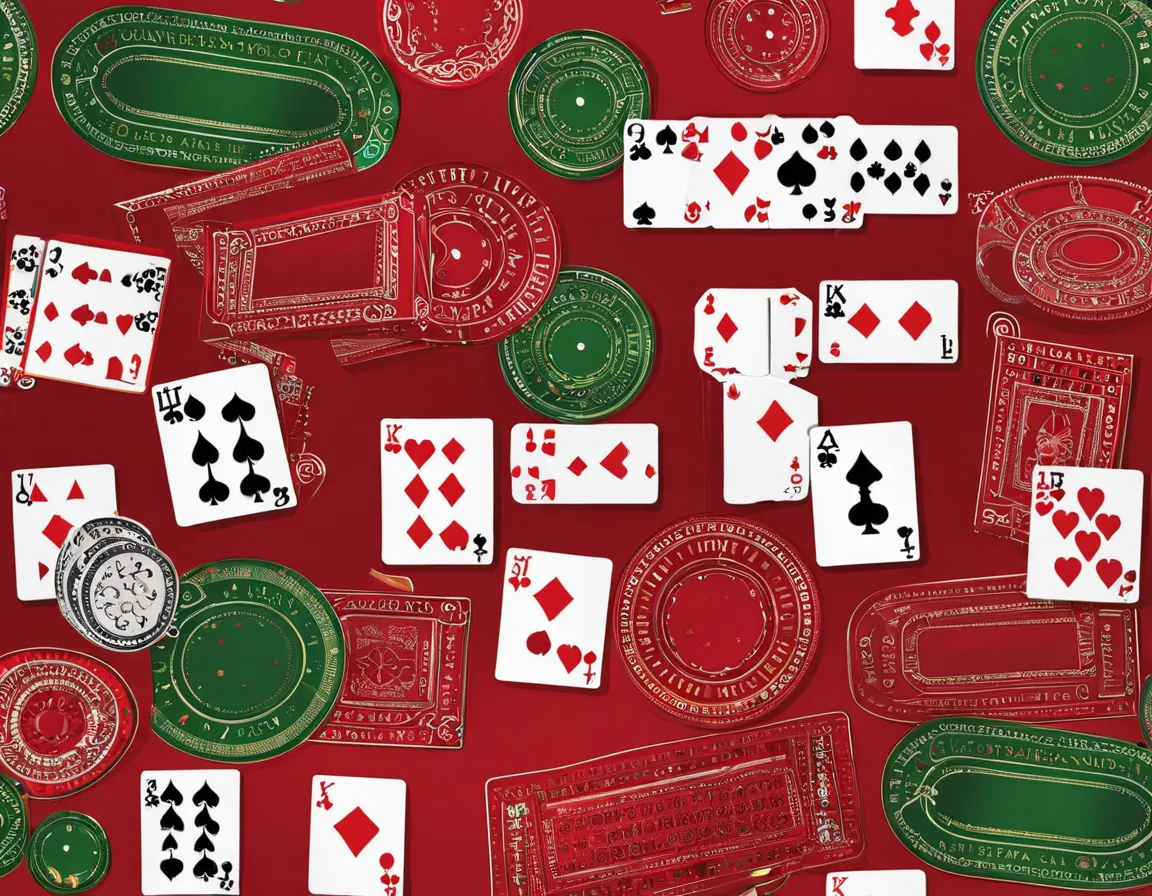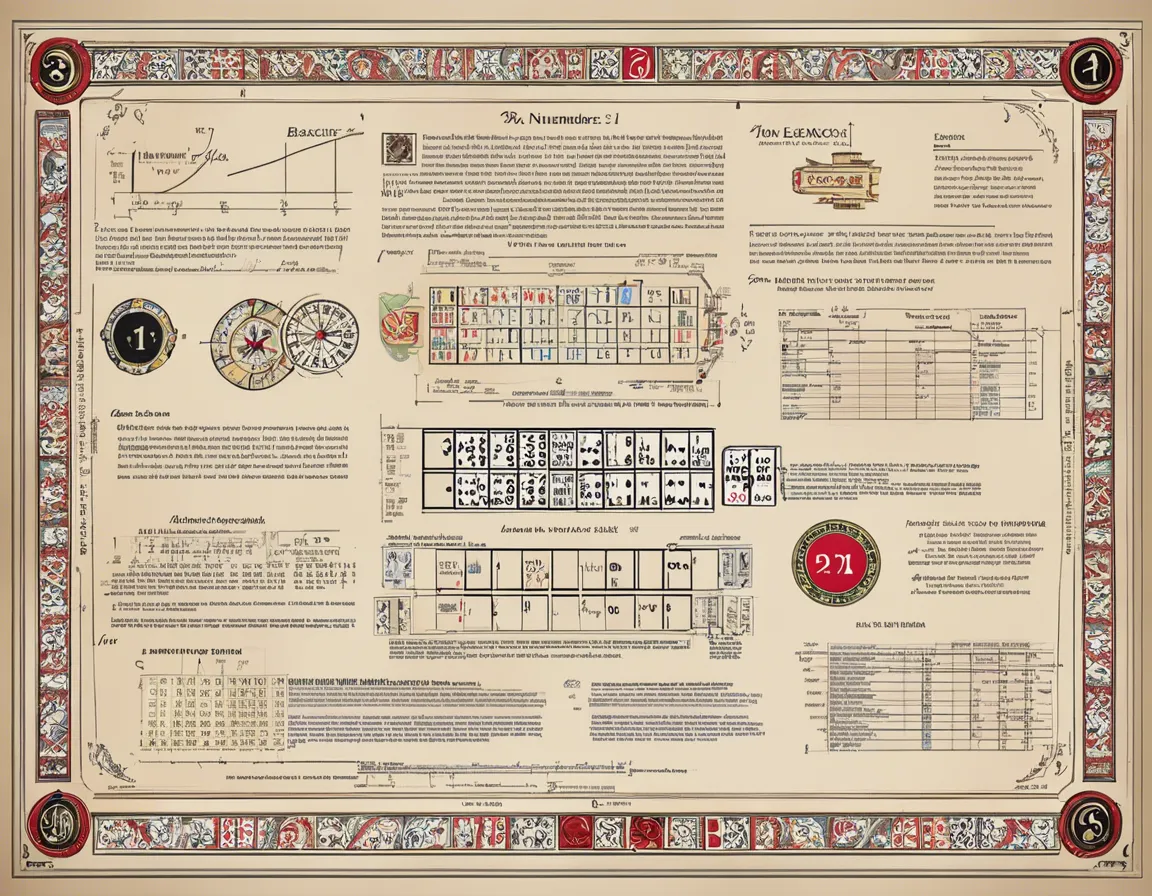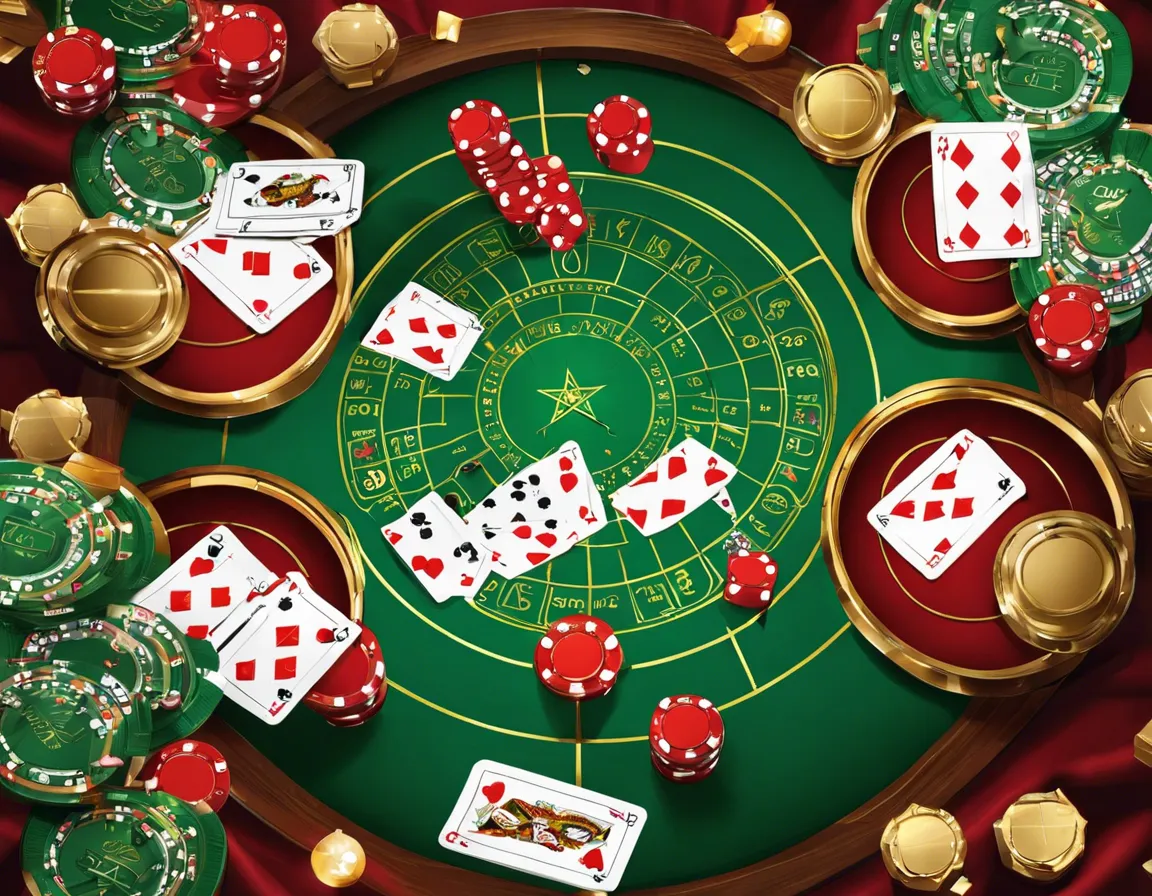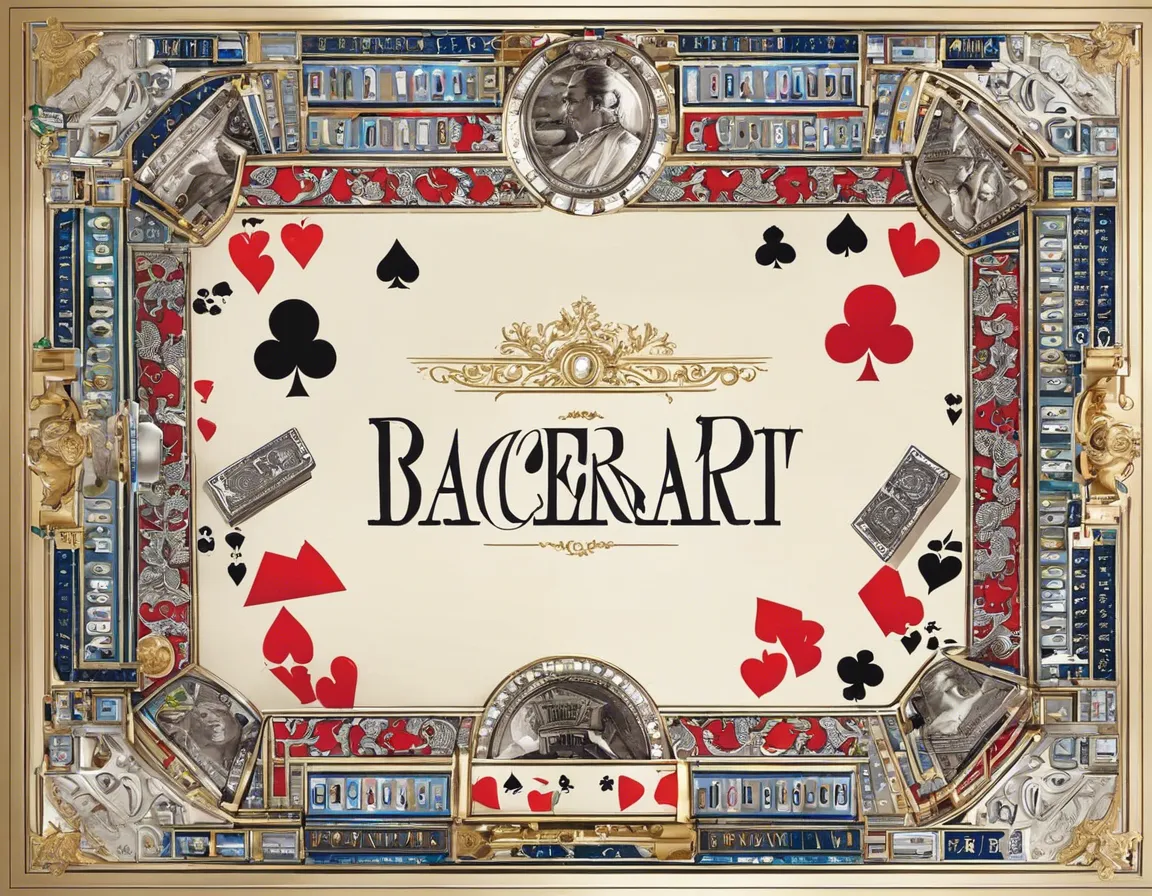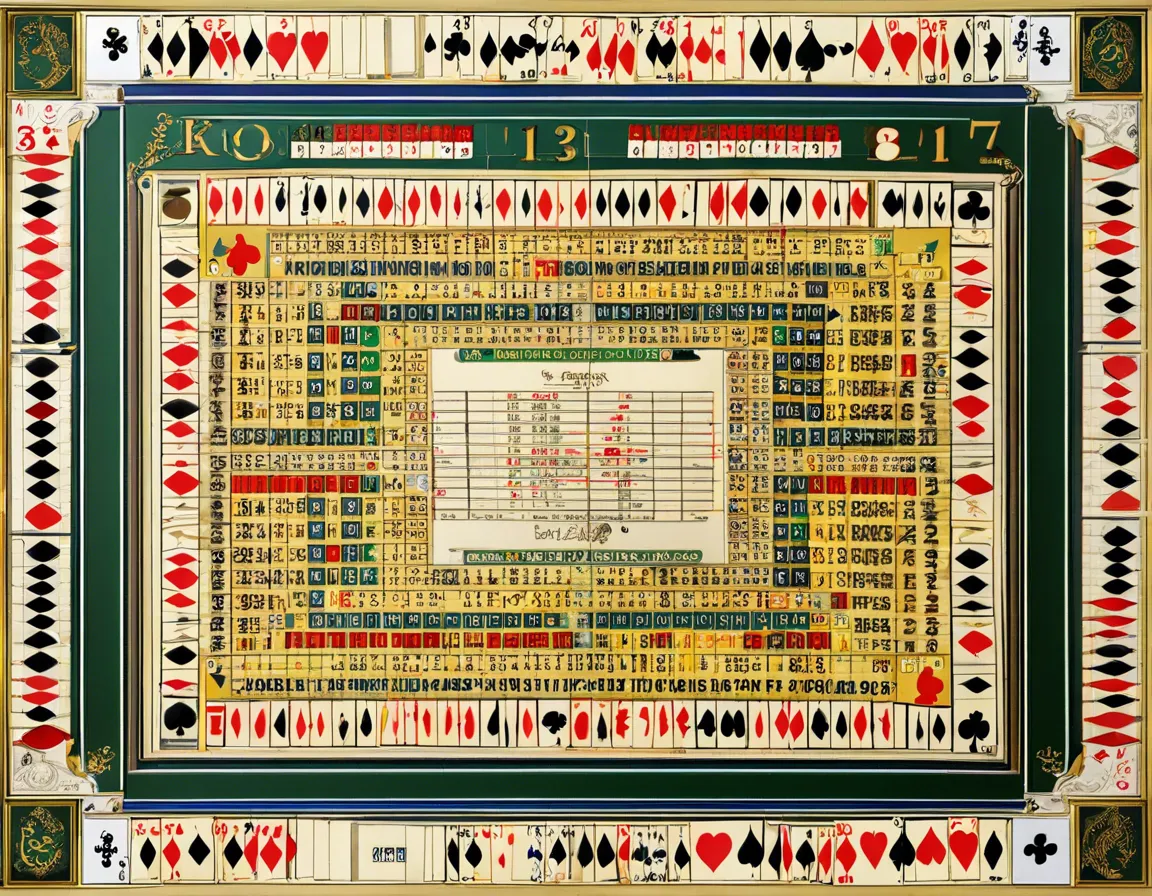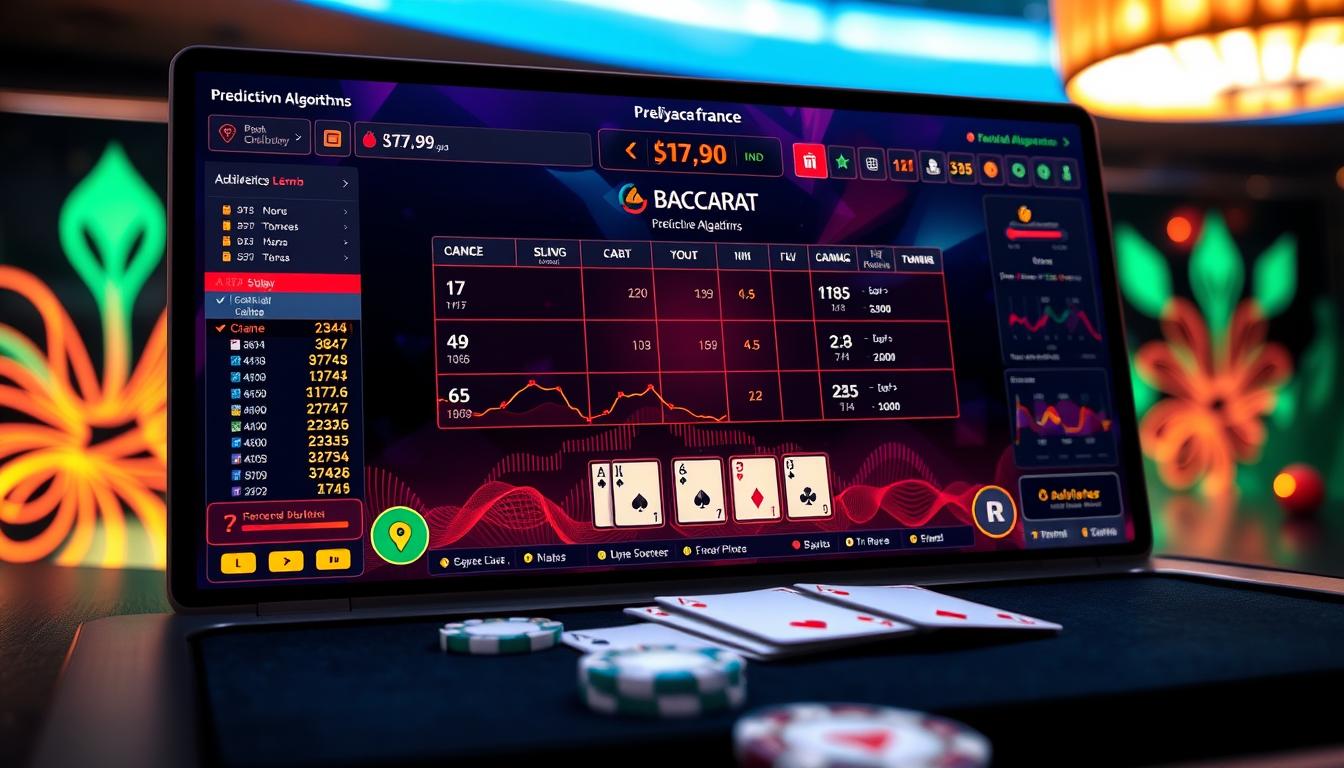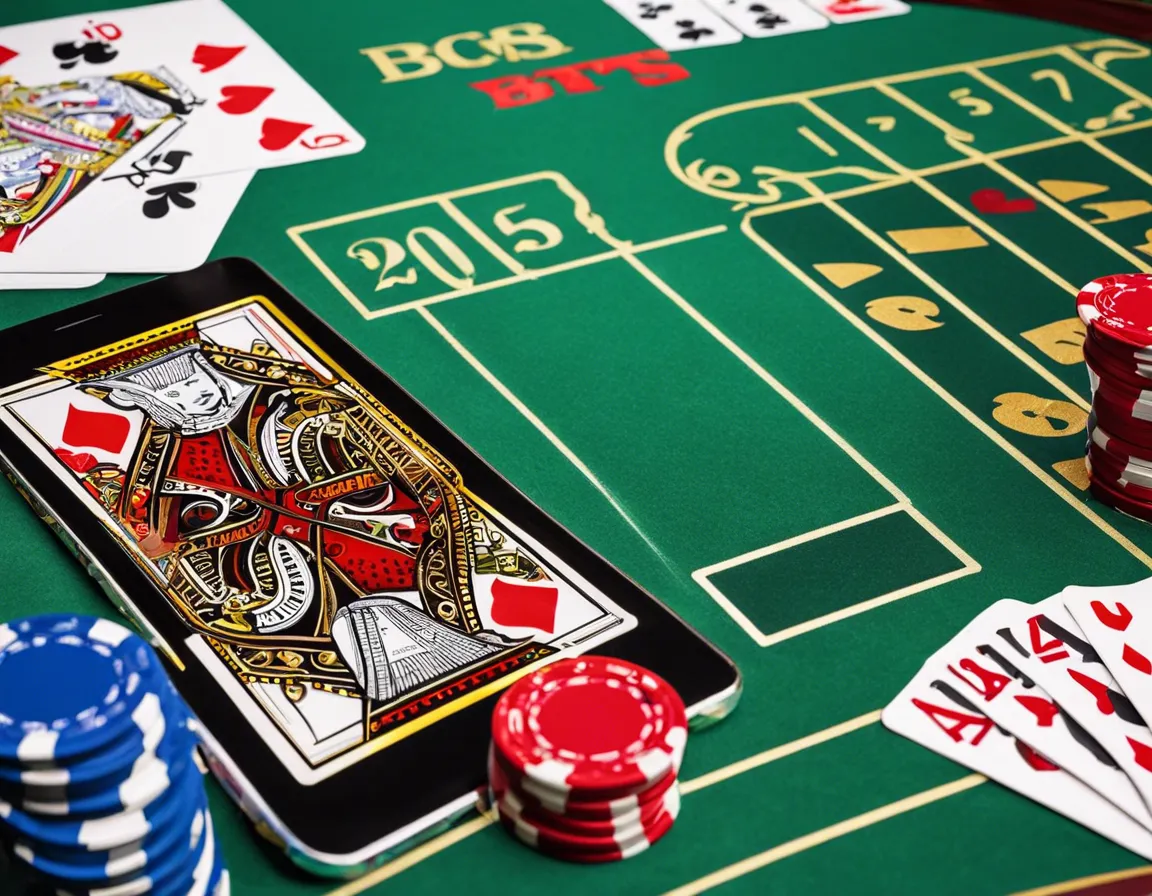Outline of the Article
I. Introduction to Baccarat
- A brief history of baccarat
- Why baccarat is popular
II. Understanding the Basics
- How baccarat is played
- Explanation of the table layout
- Role of the player and the banker
III. Card Values
- Values of cards in baccarat
- Understanding the point system
IV. Gameplay
- The process of dealing cards
- Options available to the player
V. Betting Options
- Explanation of different bets in baccarat
- The odds associated with each bet
VI. Winning Conditions
- How to determine the winning hand
- Scoring in baccarat
VII. Tips for Beginners
- Strategies for playing baccarat
- Common mistakes to avoid
VIII. Online vs. Offline Baccarat
- Pros and cons of playing baccarat online
- Differences in gameplay
IX. Etiquette and Rules
- Proper conduct at the baccarat table
- Understanding casino rules
X. Frequently Asked Questions
- What is the origin of baccarat?
- Can I count cards in baccarat?
- Is baccarat a game of skill or luck?
- How can I improve my chances of winning?
- Are there any variations of baccarat?
Baccarat Basics: Everything You Need to Know Before You Play
Baccarat is a classic casino game that has been enjoyed by players for centuries. With its origins dating back to 15th century Italy, baccarat has evolved into one of the most popular card games in the world. Whether you’re a seasoned gambler or a novice looking to try your luck, understanding the basics of baccarat is essential before you place your bets.
I. Introduction to Baccarat
Baccarat traces its roots to the 1400s and has since garnered a reputation for being a game of elegance and sophistication. Its popularity spans across continents, from the glamorous casinos of Monte Carlo to the bustling gaming floors of Las Vegas. The allure of baccarat lies in its simplicity and the thrill of predicting the outcome of each hand.
II. Understanding the Basics
How Baccarat is Played
Baccarat is a comparing card game played between two hands: the player and the banker. Each round of play, known as a “coup,” has three possible outcomes: player wins, banker wins, or tie. Players do not have to possess any particular skill set to play baccarat, making it accessible to all.
Explanation of the Table Layout
The baccarat table typically accommodates up to 14 players, with specific areas designated for placing bets. The player and banker positions are clearly marked, and each hand is dealt from a shoe containing multiple decks of cards.
Role of the Player and the Banker
In baccarat, players have the option to bet on either their own hand (player) or the banker’s hand. Despite their names, these positions do not correspond to the actual players at the table but rather to two competing hands dealt by the dealer.
III. Card Values
Values of Cards in Baccarat
In baccarat, cards have point values assigned to them. Cards from 2 to 9 are worth their face value, while 10s and face cards are worth zero points. The ace is valued at one point.
Understanding the Point System
The objective of baccarat is to have a hand with a total point value closest to nine. If the total value of a hand exceeds nine, the second digit of the sum is used as the hand’s value. For example, a hand consisting of 7 and 8 would have a total value of 5 (7 + 8 = 15).
IV. Gameplay
The Process of Dealing Cards
At the beginning of each coup, the dealer deals two cards to both the player and the banker. Depending on the total point value of the initial hand, additional cards may be drawn according to predetermined rules.
Options Available to the Player
After the initial cards are dealt, players have the option to draw a third card based on the total point value of their hand. However, this decision is dictated by strict rules that govern when a third card can be drawn.
V. Betting Options
Explanation of Different Bets in Baccarat
Baccarat offers several betting options, including betting on the player’s hand, the banker’s hand, or a tie. Each bet comes with its own set of odds and payout rates.
The Odds Associated with Each Bet
While betting on the player or the banker carries relatively low house edges, betting on a tie offers significantly higher payouts but comes with a higher risk.
VI. Winning Conditions
How to Determine the Winning Hand
The winning hand in baccarat is the one with a total point value closest to nine. If both the player and banker have the same total, the round results in a tie, unless players have placed bets on a tie outcome.
Scoring in Baccarat
Scoring in baccarat is straightforward, with no complex calculations involved. The hand with the highest point value wins, and payouts are made accordingly.
VII. Tips for Beginners

Strategies for Playing Baccarat
While baccarat is primarily a game of chance, adopting certain strategies can help improve your odds of winning. Strategies such as the Martingale system or the Paroli system are commonly employed by players.
Common Mistakes to Avoid
Avoiding common pitfalls, such as chasing losses or betting beyond your means, is crucial to enjoying baccarat responsibly. Setting limits on your bankroll and knowing when to walk away are essential for a positive gaming experience.
VIII. Online vs. Offline Baccarat
Pros and Cons of Playing Baccarat Online
Online baccarat offers convenience and accessibility, allowing players to enjoy the game from the comfort of their homes. However, some players prefer the social interaction and atmosphere of traditional brick-and-mortar casinos.
Differences in Gameplay
While the fundamental rules of baccarat remain consistent, there are subtle differences between online and offline gameplay. Understanding these disparities can help players navigate both environments effectively.
IX. Etiquette and Rules
Proper Conduct at the Baccarat Table
Observing proper etiquette at the baccarat table is essential for a harmonious gaming experience. Familiarizing yourself with common courtesy practices ensures that you and your fellow players enjoy the game without any disruptions.
Understanding Casino Rules
Each casino may have its own set of rules governing gameplay and betting procedures. Familiarizing yourself with these rules beforehand prevents any misunderstandings or conflicts during play.
X. Frequently Asked Questions
**What is the Origin of Baccarat?**
Baccarat originated in Italy during the 15th century and later gained popularity in France. It was initially played with tarot cards before evolving into the game we know today.
Can I Count Cards in Baccarat?
Unlike blackjack, baccarat does not lend itself well to card counting strategies due to its unique card distribution system and fixed rules for drawing cards.
Is Baccarat a Game of Skill or Luck?
Baccarat is primarily a game of chance, with luck playing a significant role in determining the outcome of each hand. While some strategies can improve your odds, ultimately, luck plays a crucial role in baccarat.
How Can I Improve My Chances of Winning?
While there are no foolproof strategies for winning at baccarat, managing your bankroll effectively and betting on the banker’s hand can slightly improve your odds in the long run.
Are There Any Variations of Baccarat?
Yes, there are several variations of baccarat, including mini-baccarat, punto banco, and chemin de fer. Each variation has its own set of rules and gameplay mechanics.
In conclusion, mastering the basics of baccarat is the first step towards becoming a successful player. By understanding the rules, betting options, and strategies involved, you can enhance your gaming experience and increase your chances of winning.







